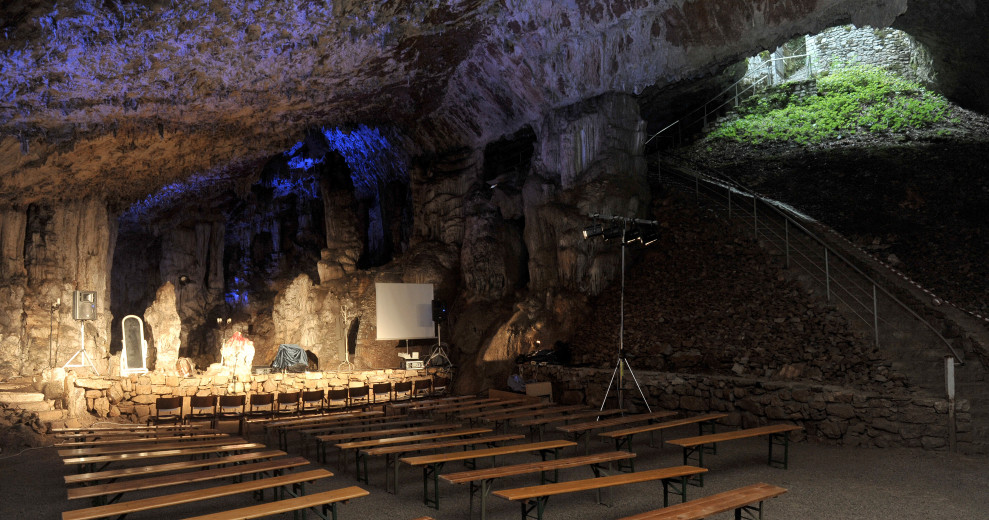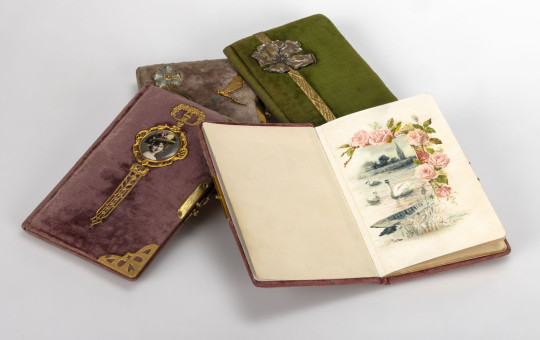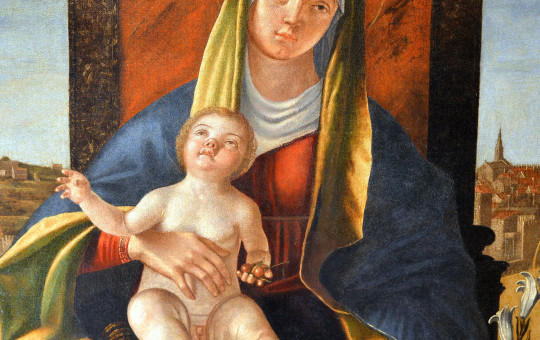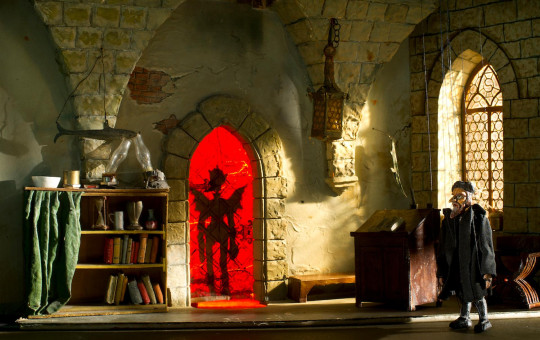Date: 4. September 2023
Time to read: 2 min
The 38th Vilenica International Literary Festival opens tomorrow. Under the motto The Diverse Face of Europe, it will offer a series of events in Ljubljana and the Karst region until 9 September.
Who is a European when he looks in the mirror and what does the future hold?
As the festival has been devoted for the last few years to reflecting on Europe as a continent that is expanding and shrinking, this year it will touch on its face. As Alyosha Harlamov, President of the Vilenica Jury, said at the June press conference, the face is the identity, which raises the question of who is a European when looking in the mirror and what the future holds. Today we are talking about Europeans of all colours, genders and beliefs, so the face cannot be reduced to one stereotypical image. Literature, he said, will always resist this.
A round table in Ljubljana will be dedicated to this topic, but the festival is expecting 14 authors from 12 countries. This year, the Vilenica Prize will be awarded to Otto Tolnai, a Hungarian writer from Vojvodina, while the Slovenian author in the spotlight is the poet Barbara Korun.
This year's laureate is Hungarian Otto Tolnai
In the light of Slovenia's honourable hosting of the Frankfurt Book Fair, the countries in focus are Austria and Germany. An anthology of contemporary Austrian and German literature will be published as an overview of the most important currents, and Ariane Koch, Silke Scheuermann and Thomas Stangl will attend the festival. According to the co-editor of the book, Amalia Maček, Frankfurt emphasises the importance of exchange. Accordingly, German and Austrian literary agents will meet Slovenian authors at Vilenica.
This year's laureate, the Hungarian poet, writer, playwright and translator Tolnai, is a member of the Hungarian ethnic minority in the Serbian Vojvodina. He has published more than 35 books, which have been translated into many languages, including Grandma in a Rotterdam Gangster Film and Short Cuts. He has received several awards, including the Kossuth Prize as the highest Hungarian state award for literature. Today he is considered one of the most prominent authors of Hungarian literature.
-
 In the light of Slovenia's honourable hosting of the Frankfurt Book Fair, the countries in focus are Austria and Germany. Photo: Ksenija Brišar/STA
In the light of Slovenia's honourable hosting of the Frankfurt Book Fair, the countries in focus are Austria and Germany. Photo: Ksenija Brišar/STA
-
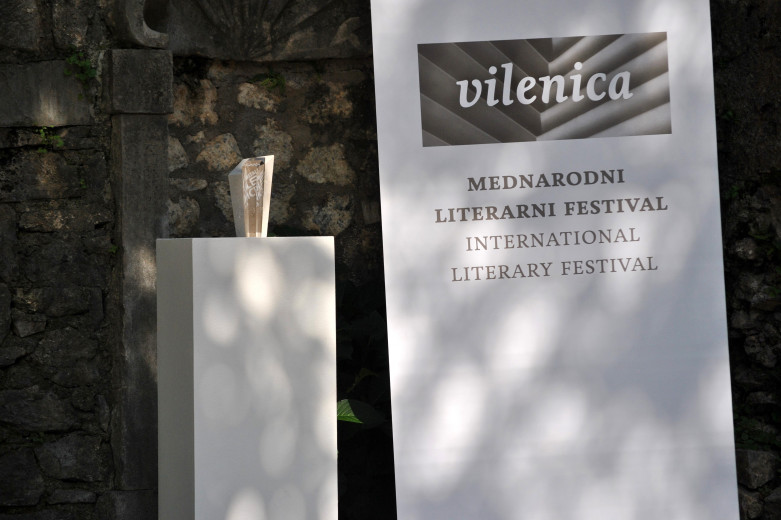 This year, the SEP Writers' Prize for Young Authors, awarded by the Central European Initiative together with the Slovene Writers' Association, will go to Tijana Rakočević from Montenegro. Photo: Ksenija Brišar/STA
This year, the SEP Writers' Prize for Young Authors, awarded by the Central European Initiative together with the Slovene Writers' Association, will go to Tijana Rakočević from Montenegro. Photo: Ksenija Brišar/STA
Barbara Korun is one of the most recognisable contemporary Slovenian poets. She has published seven books of poetry, most recently Idioritmia in 2021. She has received important awards for these, including the Slovenian Book Fair Prize for her debut novel, Ostrina graine / The Sharpness of Grace.
This year, the SEP Writers' Prize for Young Authors, awarded by the Central European Initiative together with the Slovene Writers' Association, will go to Tijana Rakočević from Montenegro. A breakthrough author of the younger generation, her writing has shaken the dominant heteronormative view in Montenegrin literature.
Source: STA

